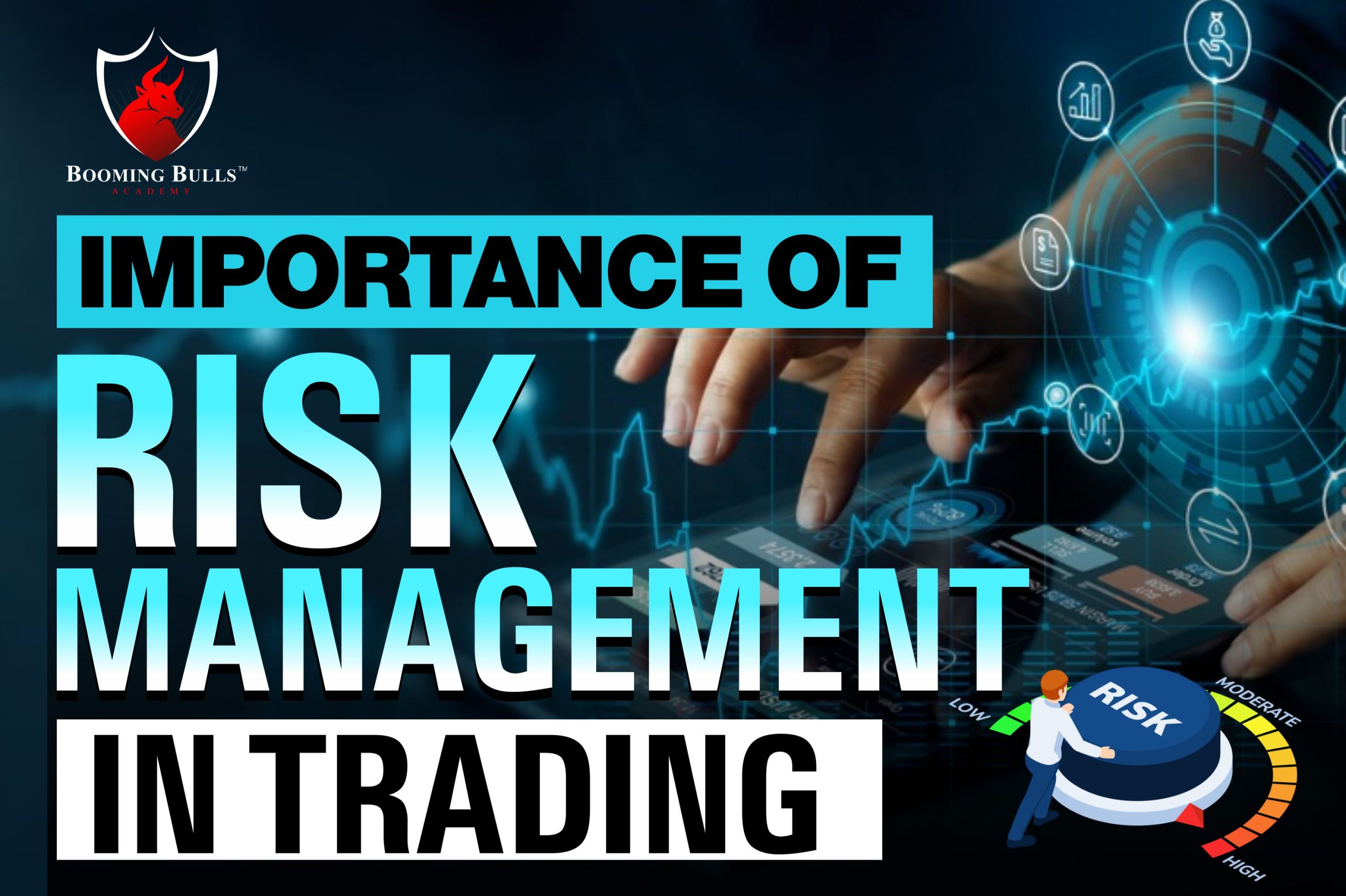Exploring the Increasing Importance of Risk Management in Corporate Strategy
Exploring the Increasing Importance of Risk Management in Corporate Strategy
Blog Article
Checking out the Importance of Risk Management for Effective Decision-Making Methods
In the detailed world of company, Risk Management becomes a critical consider the decision-making process. The capability to determine possible hazards and opportunities, and strategize as necessary, can lead to the difference between success and failing. With tools such as SWOT and PESTEL, companies are equipped to make informed choices, fostering durability and flexibility in an ever-changing environment. Wondering how this functions? Allow's unpack the dynamics additionally.
Understanding the Concept of Risk Management
Risk Management, a vital part in decision-making, is often misunderstood or oversimplified. Usually, it describes the identification, analysis, and prioritization of risks to minimize, monitor, and manage the possibility or influence of regrettable occasions. It's not merely about preventing negative results, but likewise about identifying potential opportunities. Risk Management entails regimented and structured techniques, making use of information and insightful evaluations. It calls for a thorough understanding of the company's context, purposes, and the potential dangers that could thwart them. From economic uncertainties, legal responsibilities, critical Management errors, to crashes and natural disasters, it resolves different threats. Significantly, effective Risk Management is not stationary; it's a constant, forward-looking procedure that progresses with changing conditions.
The Function of Risk Management in Decision-Making Processes
In the world of strategic preparation and company procedures, Risk Management plays an important duty in decision-making procedures. It helps in recognizing potential dangers and unpredictabilities that might affect the accomplishment of business goals. By mapping these risks, firms can formulate methods to mitigate their effect, making certain company connection and stability. Risk Management therefore comes to be a vital tool in decision-making, assisting leaders to make enlightened selections based on a detailed understanding of the dangers entailed. It encourages a proactive method, making it possible for companies to expect and prepare for feasible future circumstances. This dramatically decreases the probability of adverse effects, promoting extra reliable and reliable decision-making techniques. Risk Management offers as a vital part in the decision-making processes of any kind of company.

Exactly How Risk Management Enhances Strategic Planning
In the context of critical planning, Risk Management plays a pivotal duty. Starting with the identification of potential threats, it additionally includes the application of Risk reduction steps. The role of Risk Management is vibrant however not static, as it requires continuous tracking and adjusting of strategies.
Identifying Possible Dangers
Implementing Risk Mitigation
Having actually developed the relevance of recognizing possible risks, the next step is to explore Risk reduction. This process involves developing and executing strategies to take care of recognized threats successfully. It is an important aspect of tactical preparation as it enhances decision-making by decreasing potential unfavorable outcomes. Risk reduction strategies can vary from Risk avoidance, Risk transfer, to risk decrease. Each approach should be customized to the details Risk, considering its possible impact and the company's Risk tolerance. Additionally, efficient Risk mitigation needs a deep understanding of the Risk landscape and the prospective effect of each Risk. This understanding enables companies to focus on risks and allot sources efficiently, ensuring that the most considerable risks are addressed initially.
Tracking and Readjusting Methods
Though Risk reduction is a crucial action in strategic planning, continuous tracking and adjustment of these methods Clicking Here is just as important. It likewise gives a possibility to assess the success of the Risk Management procedures, permitting modifications to be made where needed, additional enhancing strategic planning. Monitoring and adjusting Risk Management strategies is a crucial element for enhancing an organization's durability and critical preparation.
Situation Studies: Effective Risk Management and Decision-Making
In the world of organization and money, effective Risk Management and decision-making usually serve as the pillars of prosperous ventures. These cases highlight the value of sharp Risk Management in decision-making procedures. These instances underscore the critical duty of Risk Management in tactical decision-making.
Devices and Methods for Efficient Risk Management
These devices, such as Risk registers and heat maps, aid in recognizing and assessing potential threats. Risk reaction techniques, a vital component of Risk Management, include accepting, staying clear of, transferring, or mitigating dangers. With these tools and methods, decision-makers can browse the facility landscape of Risk Management, thereby helping with informed and effective decision-making.
Future Fads in Risk Management and Decision-Making Approaches
As we explore the substantial landscape of Risk Management, it becomes noticeable that the techniques and tools utilized today will certainly continue to develop. The principle of Risk culture, where every member of a company Full Report is mindful and involved in Risk Management, will certainly obtain more importance. These fads herald a more comprehensive and aggressive method in the direction of Risk Management and decision-making.
Verdict

Risk Management thus ends up being a vital device in decision-making, aiding leaders to make enlightened selections based on a detailed understanding of the threats entailed. Risk mitigation techniques can vary from Risk avoidance, Risk transfer, to run the risk of decrease (importance of risk management). Efficient Risk reduction calls for a deep understanding of the Risk landscape and the potential impact of each Risk. Risk reaction strategies, an essential element of Risk Management, entail accepting, avoiding, moving, or mitigating threats. The concept of Risk society, where every participant of an organization is aware and entailed in Risk Management, will certainly obtain extra prominence
Report this page